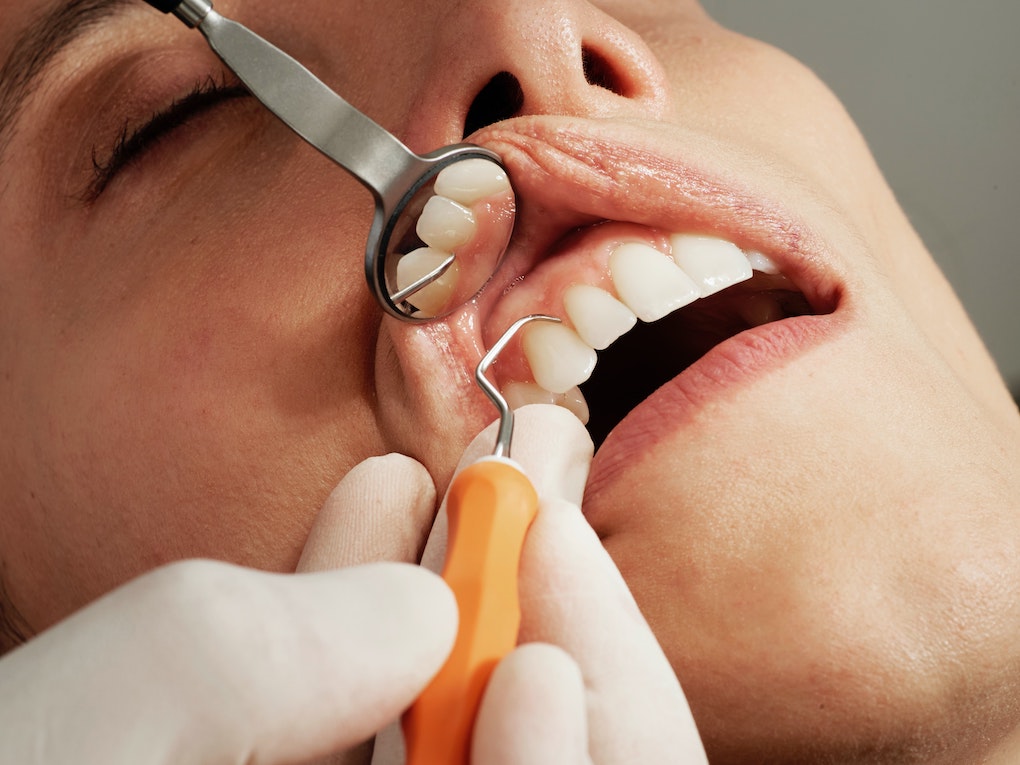
March 30, 2018
8 Ways to Increase the Value of Your Practice Before You Sell

Just like you would make curb appeal or structural updates to your house before putting it on the market, you might want to consider the same for your dental practice before selling. Not only will necessary updates make it more appealing to a potential buyer, but all these pieces will also help increase your value and practice appraisal for the bank. Here are our top suggestions.
Expanded services
Depending on your timeframe, an obvious first choice might be to offer different types of services to patients. Consider doing implant work, orthodontic treatment or extractions to make your practice more desirable to both patients and potential buyers.
Update equipment
If your equipment hasn’t been updated since you opened your practice decades ago, it’s time to consider an upgrade. While this isn’t a dollar-for-dollar method, you may get better or more offers from someone who is looking for a turnkey operation.
Cosmetic changes
Don’t underestimate the power of a fresh coat of paint. Everything down to your waiting room chairs and overhead lighting is up for scrutiny when a potential buyer is assessing your practice. Small updates may make a big impact in the long run.
Office location
The old real-estate adage of “location, location, location” holds true for any business, as well. If your office isn’t in a prime spot, it wouldn’t hurt to consider a move before putting your practice on the market. Think ease of traffic and off-street parking when looking to relocate.
Increase top-line revenue
Paid advertising, guerilla marketing, associates to network with and other marketing opportunities will all add exposure to your practice before putting it on the market. Spending a dollar to make a dollar will hopefully pay off at the end of the day. Just make sure to track your records over multiple years to show a potential buyer and your bank.
Lower expenses
A potential buyer will want to know the cost associated with running your business, so now is the time to assess where cuts can be made. Electric bills and any staffing changes are all fair game, as long as they don’t affect your top-line revenue or your patients.
Acquire or merge
Strength in numbers lies in the economies of scale. Consider selling to, acquiring or merging with another practice to grow your bottom line exponentially, whether or not you’re considering staying on with the combined practice.
Goodwill
Don’t discount the value of the non-material things associated with your practice. Your status within the community, practice name, staff loyalty and longevity, and brand awareness and marketing will all be the icing on the proverbial cake to a potential buyer who could possibly be starting from the ground up. Not to mention, the more a seller allocates toward goodwill, the fewer taxes will need to be paid at the close of the transaction.
What’s next?
Learn more about your options in our “Strategies for Transition” e-book, then contact the experts at Professional Transition Strategies to figure out what makes sense for your practice.

